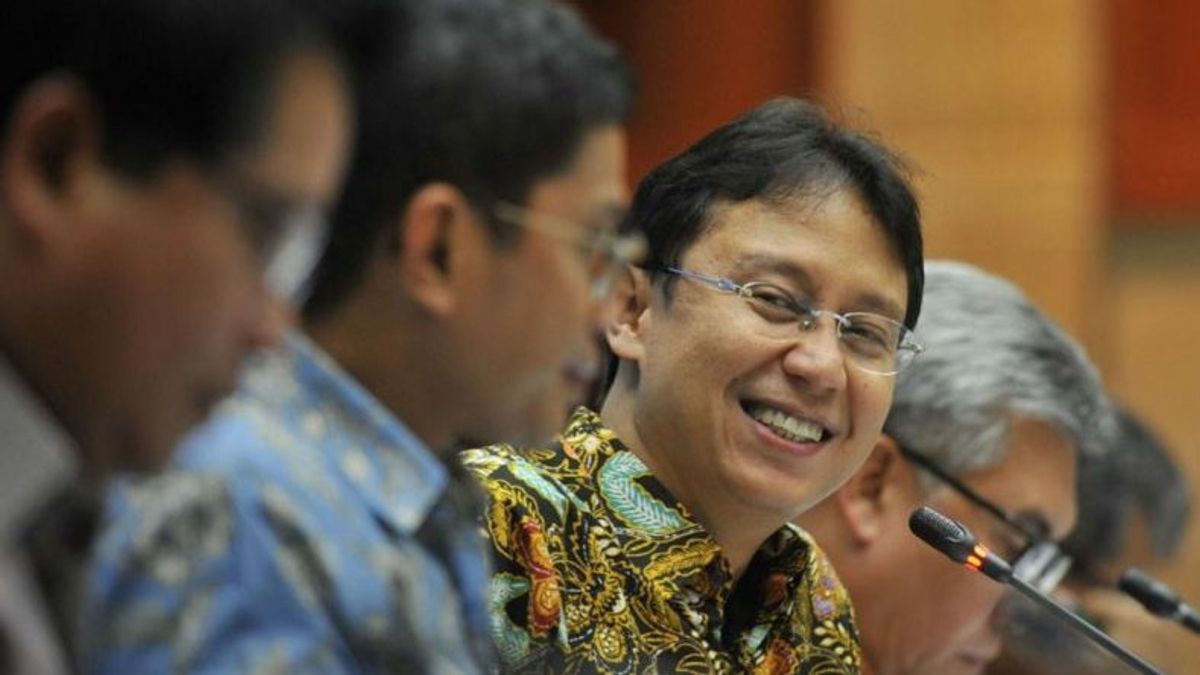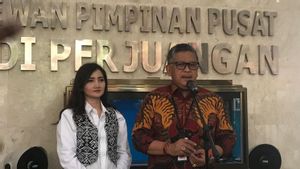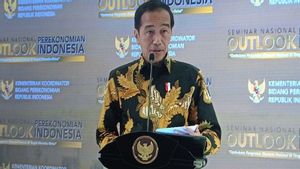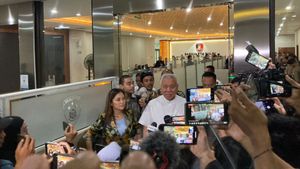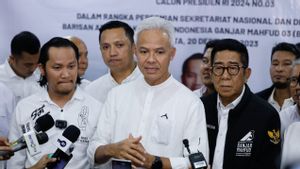Minister of Health (Menkes) Budi Gunadi Sadikin said the situation of COVID-19 cases in the country ahead of the 2023 Christmas and 2024 New Year holidays was not too worrying.
"Especially for the increase in COVID-19, we see that the increase in COVID-19 is almost 2,800 per week. This is still below the WHO level 1," said Budi Gunadi Sadikin at a press conference on Health Sector Preparedness for the Christmas and New Year Holidays, reported by Antara, Friday, December 22.
The World Health Organization (WHO) classifies the global COVID-19 situation at three levels, level 1 ranges from 20 cases per 100 thousand population per week or the equivalent of 56 thousand cases per week if converted based on the total population of Indonesia.
Level 2 of WHO ranges above 20 -- 50 cases per 100,000 population per week, while level 3 according to WHO occurs when an area reports cases in 50 to less than 150 per 100,000 inhabitants per week.
"We are now 2,800 per week from the limit of around 56,000 per week, meaning that there are still relatively few, but there has not been a significant increase in the last few weeks," he said.
On that occasion, Budi appealed to the public to be aware of the importation of cases of the Omicron JN.1 subvariant, which is experiencing an increasing trend of cases in Indonesia.
"The results of our genome sequencing for JN.1 increased from only 1 percent in November, 19 percent in the third week of November, and in early December it was 43 percent of the distribution of variants in Indonesia," he said.
Budi estimates that the rate of JN.1 cases will peak in January 2024, following the global situation which is also starting to decline in cases.
"JN.1 will also continue to rise to 80--90 percent and at that time the peak can be reached. If you look at January, we should see the peak of JN.1," he said.
Responding to this situation, the Ministry of Health took part in the agenda of Christmas and New Year's homecoming services by opening 2,000 health posts and placing 15,000 officers at critical points, such as toll roads, train stations, airports, ports, or places where massive community movements occur.
Budi also advised the public to return to wearing masks when accessing vulnerable places, such as public transportation that is crowded with passengers.
"For now, the vaccine is still in the health centers to be able to get additional vaccines, at least it can reduce the severity if, for example, you get COVID-19," he said.
SEE ALSO:
The English, Chinese, Japanese, Arabic, and French versions are automatically generated by the AI. So there may still be inaccuracies in translating, please always see Indonesian as our main language. (system supported by DigitalSiber.id)
